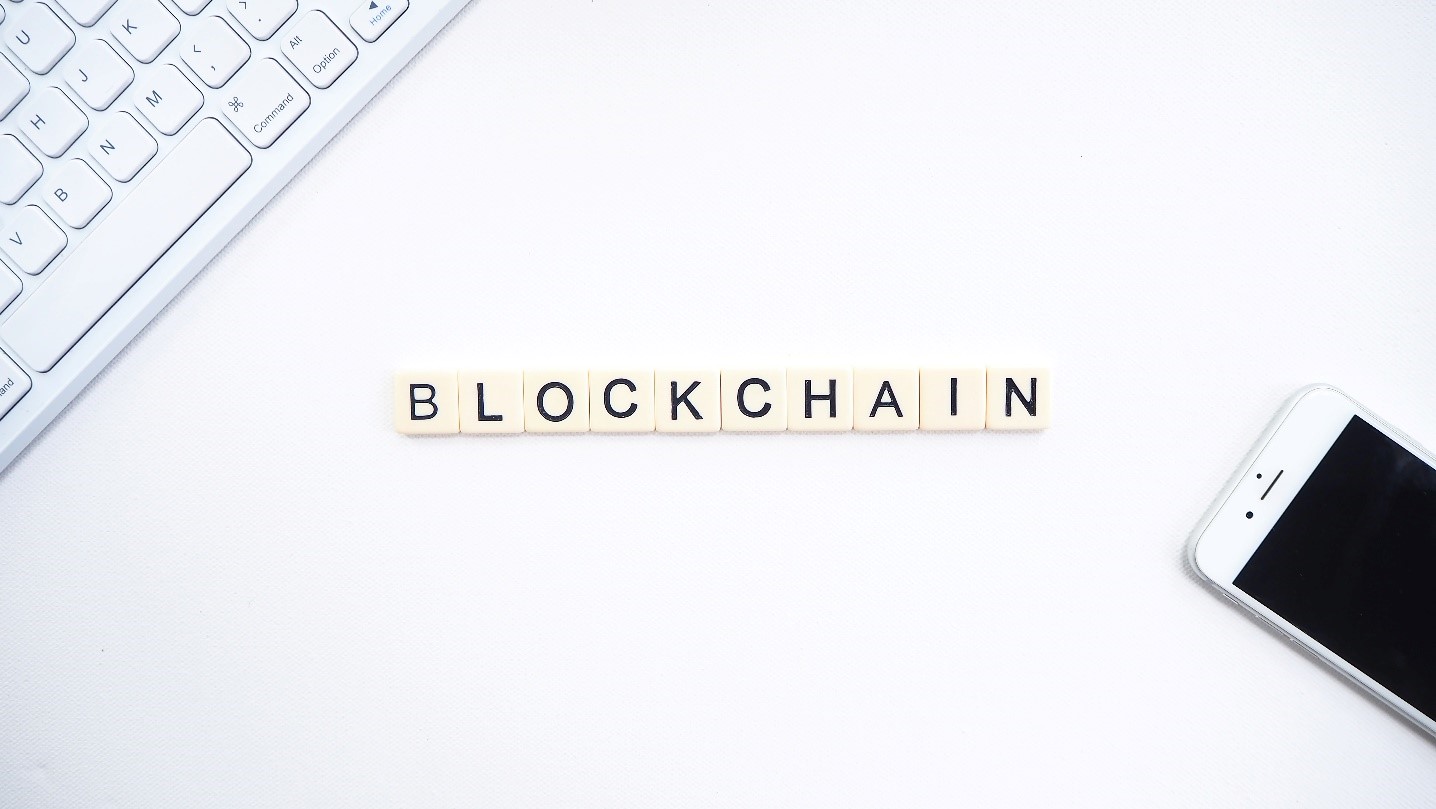LEGAL TECH ERA
July 17 2020
The application of the blockchain in the legal industry
Marco Imperiale


Abstract
Many people do not know what Blockchain is. Some think of it as the underline technology behind Bitcoin; but few professionals know all its potential applications. From banking to insurance, from the food industry to luxury, the blockchain promises to be the new technological framework capable of solving many of our everyday problems.
What exactly is the blockchain?
The blockchain is a decentralized database that stores assets and transactions across a peer-to-peer network. Think about it as a global public registry that conveys and validates transactions (but potentially all kinds of data) all over the world, cutting out the role of intermediaries and the need for trust between the participants. The bet of all the professionals working in the field is that the blockchain will shape the future of transactions as Internet shaped the world of information.
From a technical point of view, the blockchain is based on an asymmetric key cryptography combined with the distributed structure of the database. This means that whoever wants to exchange money or assets into this replicated registry only needs a device connected to the peer-to-peer network and a pair of uniquely related cryptographic keys: the private key encrypts the plain text and the public one allows to decrypt it and finalizes the transaction. This way the cryptography ensures that the data entered into the database is unalterable, protected but unequivocally attributable to its author.
However, cryptography alone does not do the magic. Actually, the blockchain is enabled by many other technological features that allow to uniquely identify each transaction (the hashing), to mark it temporally (the timestamping), and to chain it irreversibly in the chain of blocks (the mining) through the resolution of a mathematical enigma (the proof of work). All these passages take place in a distributed, transparent and secure way: each node participating in the network keeps a shared copy of the database, thus ensuring the inalterability of whatever is stored in it and the simultaneity of access to the data. As a result, nothing is left to chance.
Technically, this may sound a little bit esoteric, and once you start getting deeper the scenario is way more complex and intricated, but it is a good starting point.
Talking about blockchain’s application fields, what are the most relevant markets?
Maybe because of its association with the Bitcoin world (and Bitcoin is just a kind of blockchain), banking, and especially fintech, are the first sectors that are gaining benefits from the application of the blockchain on a daily basis, thanks to an interconnected and exponentially growing network of wallets and exchanges. However, the blockchain is already affecting many fields: entertainment, charity, health, and of course the public administration. Various countries and towns are already experiencing the use of blockchain for ID cards, real estate transactions, or voting procedures.
Think also to the supply chain management, enabled by the real-time tracking on the blockchain. By keeping it on-chain, the transferred asset can be tracked, controlled and eventually blocked even before the recipients realizes that there was a problem. This way we could guarantee food safety or lower the risk of counterfeited goods.
Let me stress that most of the final users may be interested in having a secure register or reducing the costs of transactions but are not interested in knowing in the detail all the functions of the platform, and that is absolutely fine. Most of us are driving cars. We know how to drive, but few of us are truly aware of how an engine works. Would it be better if everybody had the capabilities of a skilled mechanic? Maybe. Is it really necessary? I don’t think so.
Is the blockchain the solution to all our problems, then?
It would be nice, but quite far from reality. The truth is that this technology is still evolving, and we need to see lots of tests and experiments to understand the various use cases. That said, it is clear that the blockchain has already played a key role in the current social and economic scenario by marking a transition from the Internet of information to the Internet of value.
As well as the pervasive use of social networks and the expansive exploitation of data has led to a shift in the way we interact, the blockchain has radically changed the way we exchange value by introducing the concept of trustless trust. In a time governed by general uncertainty and social distrust in central institutions, the advent and widespread diffusion of the blockchain technology shows us that maybe we need to change our perspective on trust to reach its highest degree.
Article author:
Marco Imperiale
Leave a comment:
Related Articles

